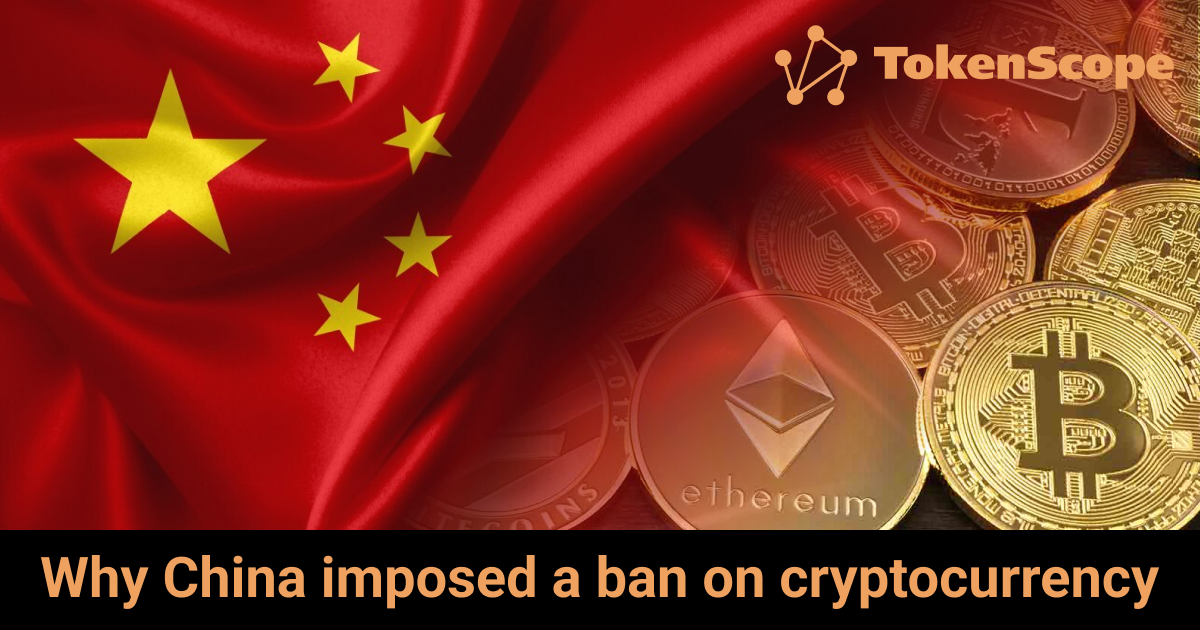Crypto regulation in the world: weekly digest #18

Asia
According to Bloomberg, the Hong Kong’s authorities plan to legalize the retail trading of cryptocurrencies through a mandatory licensing program/ The program itself is expected to be introduced in March 2023.
The Hong Kong’s regulators are seeking to allow listing of bigger tokens, although they will not endorse specific cryptocurrencies such as Bitcoin or Ethereum. This move is a part of Hong Kong's plan to become a crypto hub and reclaim its status as a financial hub following a massive exodus of talent during the coronavirus pandemic due to political unrest. «Introducing mandatory licensing in Hong Kong is just one of the important things regulators have to do», said Gary Tiu, executive director at crypto firm BC Technology Group Ltd. «They can’t forever effectively close the needs of retail investors.» The Hong Kong’s upcoming regime for listing tokens on retail exchanges is likely to include criteria such as their market value, liquidity and membership of third-party crypto indexes.
Competition among countries to become a global cryptohub will allow the entire industry to experience positive developments due to the entry of new users into the market, attracted by the presence of clear rules and regulation. Setting up a legal framework for digital assets by countries will coincide with the next Bitcoin halving and the beginning of the next bull market cycle. We laso mentioned in our last brief that The Hong Kong Securities and Futures Commission was planning to introduce its own bill to regulate cryptocurrencies.
At the same time, Singapore, that is a Hong Kong’s traditional rival for financial businesses is considering new requirements for the cryptocurrency market. The country’s financial watchdog, the Monetary Authority of Singrapore earlier this week proposed banning leveraged retail token purchases.
Under the proposed requirements, crypto-currency companies may be prohibited from using the assets of retail clients to issue loans. It was proposed to oblige cryptocurrency business to separate the assets of clients from their own resources. The new restrictions will also affect stablecoin issuers. If a company issues stablecoins in the amount of $3.5 and above, it has to guarantee the emission with reserves in cash or short-term bonds.
USA
Gary Gensler, the the chairman of the US Securities and Exchange Commission (SEC), stated that he does not consider decentralization as a quality of crypto-currency markets, despite the essential idea of cryptocurrencies to bypass the centralization. He noted that recently there has been a trend that major players in the cryptocurrency industry are increasingly beginning to control decentralized finance. Gensler noted that in such conditions it is important to maintain competition and not allow the big players to manipulate the market.
Meanwhile According to MEV Watch, after the transition of Ethereum to PoS, more than half of the network validators comply with OFAC requirements and more than 53% of blocks comply with these requirements. Thus, the Ethereum network becomes more and more vulnerable to censorship.
The UK
In July The UK Treasury revealed its Financial Services and Markets bill – a set of legislation that includes guidelines on the safe adoption of cryptoassets, including stablecoins. The main purpose of the document was to improve the flexibility and competitiveness of the UK financial system and to create a standard for the use of stablecoins when making transactions.
This week the House of Commons of the UK Parliament voted for a cryptocurrency amendment to this Bill. According to the proposal, cryptocurrencies would be treated as regulated financial instruments and products in the UK. In addition, the bill already includes stablecoins that should also be subject to regulation by the current financial legislation.
The idea to regulate stablecoins came from UK’s Chancellor in Boris Johnson’s government Rishi Sunak, and as he has become the elected Prime Minister of the UK the proposed rules have become relevant again.
British legislators, commenting on this decision, emphasized that if the law is passed by the House of Lords, it will pave the way for immediate regulation of the cryptocurrency sphere. In particular, the House of Commons expects that the British Treasury will now consider various cryptocurrencies and crypto-currency services for the benefits and risks that they bear. The Financial Services and Markets Bill, whose overall message is to clarify the British approach to financial services in a situation where the UK is not part of the European Union, is expected to have a strong chance of passing.
News from other countries:
-
Costa Rica could be the next country to legalize bitcoin as a national currency. This week a bill to adopt bitcoin as a legal payment method in Costa Rica to modernize the economy was introduced.
-
The Australian government in response to the adoption of bitcoin as legal tender in El Salvador and the Central African Republic made the clarification that the Australian government authorities were not going to reclassify bitcoin as a foreign currency and continue to consider it as a digital asset. That means that BTC will be subject to the current tax regime that applies to digital assets.
We continue to highlight the news of the world of crypto regulation worldwide. Stay tuned for the latest news!




